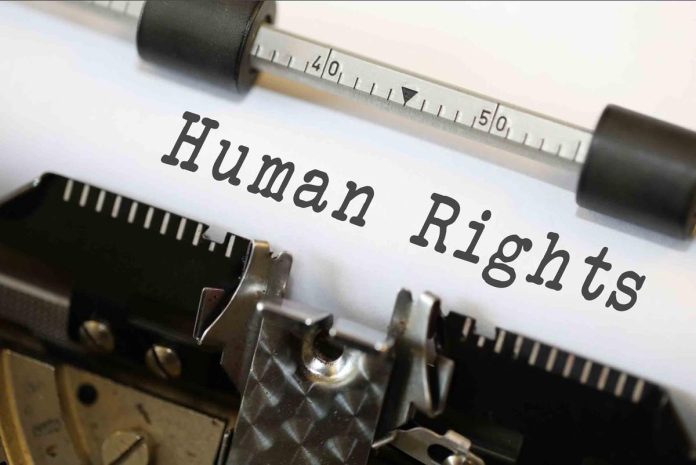Human rights are fundamental rights and freedoms to which every individual is entitled. For law enforcement agencies, such as the Tripura Police, ensuring the protection of human rights is not just a legal obligation but a moral responsibility. Upholding human rights in all police operations is essential to maintain public trust, prevent abuse of power, and ensure justice for all citizens. In this article, we explore how the Tripura Police can uphold human rights while performing their duties and the significant challenges they face in this process.
1. The Foundation of Human Rights in Law Enforcement
Human rights in policing refer to the principles that guarantee the dignity, equality, and freedom of individuals during police actions. These rights, enshrined in national and international laws, must guide every police operation, from routine patrols to high-stakes operations. The Tripura Police, in line with India’s Constitution and international agreements like the Universal Declaration of Human Rights (UDHR), must ensure that their actions do not violate these fundamental rights.
- Equality and Non-Discrimination: Ensuring no discrimination on the basis of caste, gender, religion, or ethnicity.
- Right to Dignity: Respecting the dignity and rights of all individuals, even when they are suspects or detained.
- Right to a Fair Trial: Upholding the right to a fair and speedy trial for those accused of a crime.
2. Police Accountability and Transparency
One of the cornerstones of protecting human rights in police operations is maintaining accountability and transparency. The Tripura Police must have clear procedures for handling complaints and allegations of abuse. Public accountability can be achieved by:
- Independent Oversight Bodies: Establishing independent bodies to investigate police actions, especially in cases of alleged misconduct or human rights violations.
- Internal Mechanisms: Creating strong internal procedures to review and audit police actions, ensuring they are consistent with human rights standards.
- Public Reports and Communication: Making information about police activities and investigations publicly available to ensure transparency.

